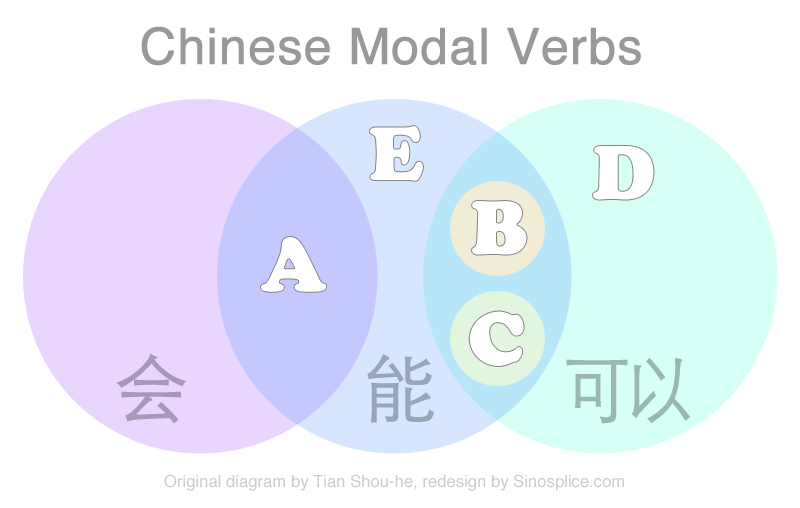会VS能VS可以
1.“会”means can, and always means to learn a skill,and then can do it.
1) 我以前不会游泳,跟老师学习一个月以后,现在我会游泳了。
I can not swim before, after I study with a teacher for one month, I can swim now.
2) 我不会开车。
I don’t know how to drive.
You know in China, citizens can only get the drive license after they are 18 years old.
- “能”means be able to.
1) 我喝酒了,所以不能开车。
I drink, so I can’t drive a car.
2) 我生病了,今天不能上班。
I’m sick today, so I can’t go to work.
- “可以”emphasize permission.
After knocking on the door, and then you can say
A:我可以进来吗?May I come in?
B: 可以。/不可以。Yes,you can./No, you cannot.
But this reply is not polite. Chinese always answer “不好意思,请稍等”.That means “ Sorry, wait a moment please.”
You also can check this video:How to differentiate "会", "能" and "可以"?It can answer your question.
http://www.hanbridgemandarin.com/course/demo/hui-neng-keyi
